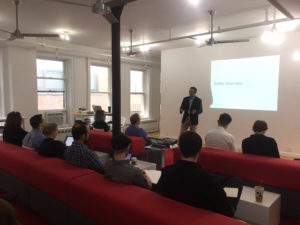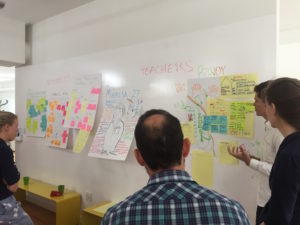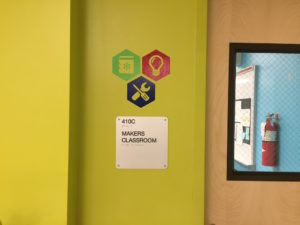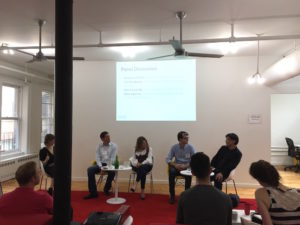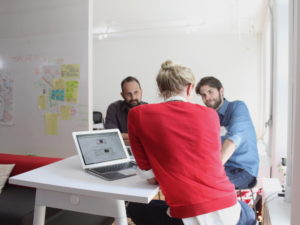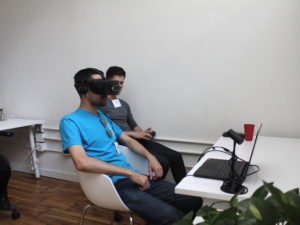As our five finalists work to refine their simulations in preparation for Demo Day, we want to extend a big thank you to our review panel. These experts in VR/AR, ed tech, and education gave their time to review the outstanding 249 simulation concepts received during open submissions.
The review panel scored the full set of submissions against the Challenge criteria to determine which concepts advanced to the judges. Their expertise is pivotal to the Challenge’s success, and will propel forward the next-generation of simulations that strengthen career and technical skills.
Meet our EdSim Challenge review panel:
- Annette Sobel, Associate Professor, Texas Tech Department of Medical Education
- AtsusiHirumi, Associate Professor, University of Central Florida
- Benjamin Lok, Director, Virtual Experiences Research Group University of Florida
- Curtis Blais, Research Associate, NPS MOVES & SISO
- Cynthia D’Angelo, Researcher, SRI
- Dan Carroll, Co-Founder & CTO, Clever
- Dave McCool, Founder, Chairman, & CTO, Muzzy Lane
- Deborah Quazzo, Founder, GSV Advisors
- Denise Threlfall, CEO, Agehya Global Business Solutions
- Donna Murdoch, Global Head of Learning Technology & Innovation, S&P Global Ratings
- Drew Davidson, Game Theorist, Carnegie Mellon
- Grace Kitzmiller, AWS Educate Technical Program Manager, Amazon Web Services
- Judi Simmons Estes, Associate Dean, School for Education Park University
- Joan Hughes, Associate Professor of Learning Technologies, UT Austin
- Lee Wilson, Principal Consultant, Headway Strategies
- Maria Cipollone, Senior UX Researcher, Comcast
- Nancy Lue, General Manager, EdTech Innovation Lab, GSVlabs
- Ntiedo (Nt) Etuk, Founder & CEO, YG Studios/Your Guru and DimensionU
- Pamela Nelson, Senior Advisor, Ogment
- Parvati Dev, Director, Stanford University Medical Media and Information Technology
- Perry McDowell, Lecturer in Computer Science, Naval Postgraduate School
- Pinky Gonzalez, Director, dotdotdash, New School VR
- Rafranz Davis, Executive Director of Professional and Digital Learning, Lufkin Independent School District
- Robert Bourgeois, CTE Teacher, Durham School of the Arts
- Sarah Evans, Training Solutions Business Manager, Lincoln Electric
- Saikou Diallo, Research Associate Professor, Virginia Modeling, Analysis & Simulation Center, Old Dominion University
- ShellyBlake Plock, CEO & Co-Founder, Yet Analytics
- Sky Nite, Head of Education, UploadVR

